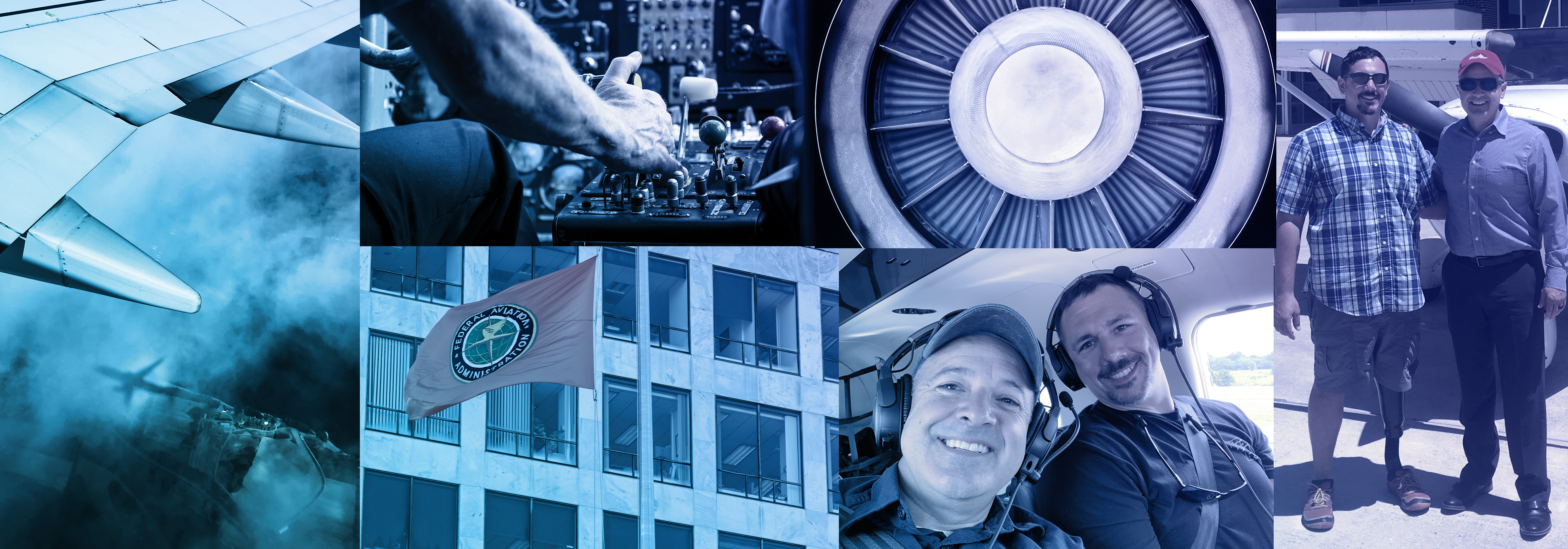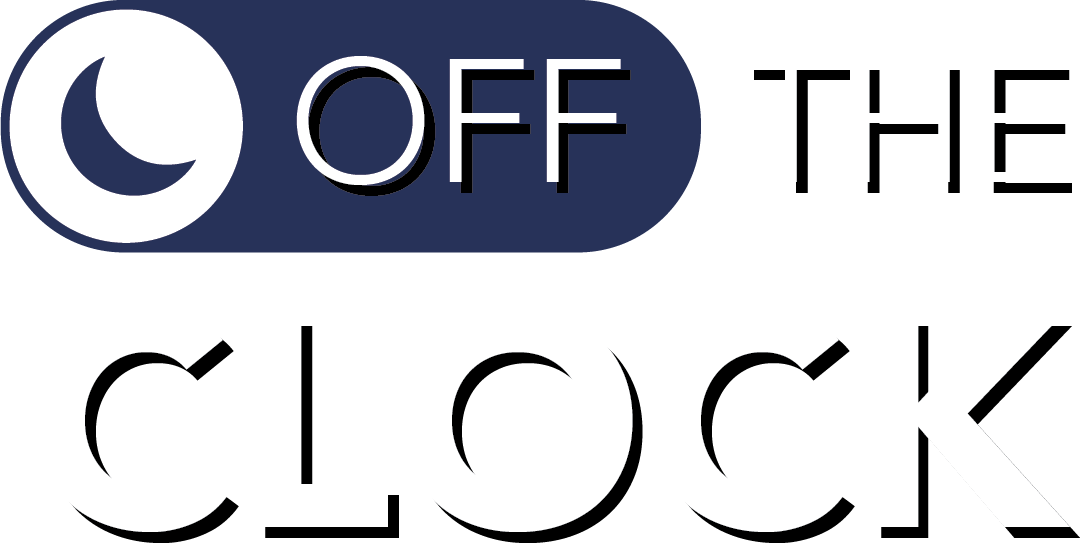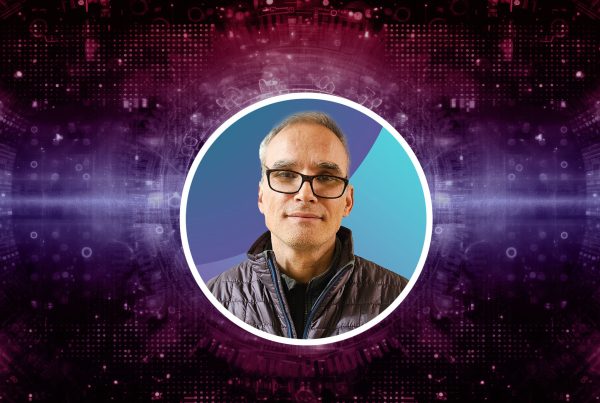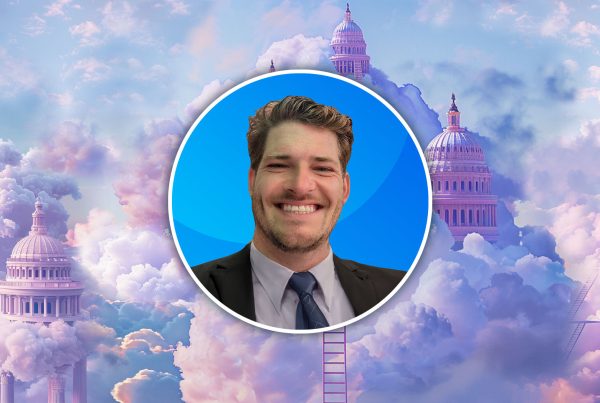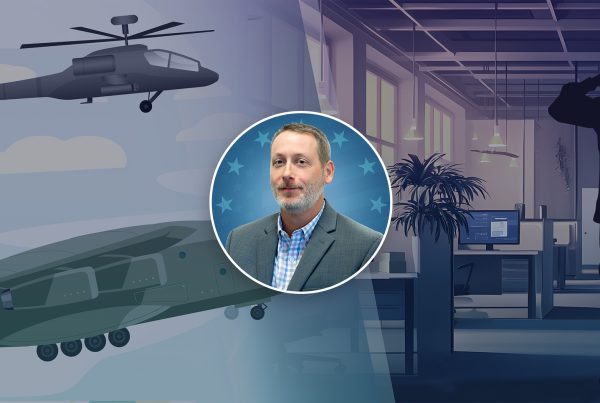“Off the Clock” is a blog series that explores the interests and causes to which ECS employees devote themselves outside of work.
EXCELLENCE. GRIT. DRIVE. COMMUNITY.
EXCELLENCE. GRIT. DRIVE. COMMUNITY.
EXCELLENCE. GRIT. DRIVE. COMMUNITY.
EXCELLENCE. GRIT. DRIVE. COMMUNITY.
EXCELLENCE. GRIT. DRIVE. COMMUNITY.
EXCELLENCE. GRIT. DRIVE. COMMUNITY.
EXCELLENCE. GRIT. DRIVE. COMMUNITY.
EXCELLENCE. GRIT. DRIVE. COMMUNITY.
Mick Perry has been an IT leader for decades. As a U.S. Marine, he directed IT operations for a department serving 270,000 Marines worldwide. He oversaw a $100M-plus portfolio of federal, Department of Defense (DoD), and commercial business as an executive vice president at InfoReliance (acquired by ECS). And as ECS’ vice president of Defense Solutions, Mick is now responsible for the growth and delivery of an array of cybersecurity, software engineering, and IT support services and solutions for the DoD. Before his career in IT, however, Mick was in aviation.
During his time in the Marine Corps, he served as a helicopter pilot, accruing more than 2,100 flight hours, including time in combat operations in the Middle East, Somalia, and East Timor. Since the end of his Marine aviation days, Mick has held onto his passions for flying and mentoring others by preparing fellow Marine pilots and other veterans for commercial aviation careers.
We recently talked with Mick about his flying and his teaching. Read on to learn more about our vice president of Defense Solutions, Mick Perry.
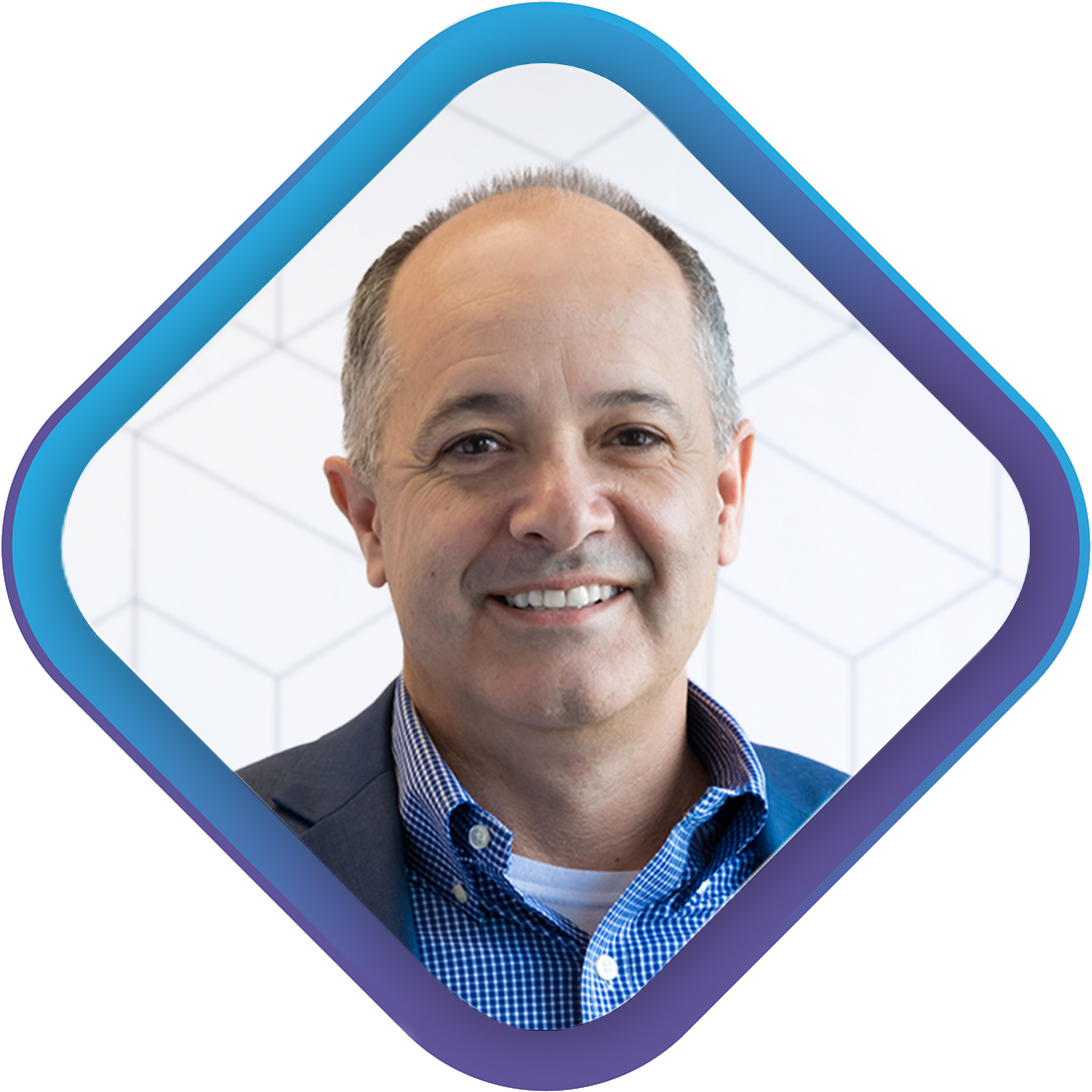
Mick Perry
Vice President of Defense Solutions
Q: What attracted you to the role of flight instructor, and how did you get started teaching military veterans?
A: In the Marines, pilots are trained as fixed-wing pilots first and then rotary wing, so I have a background in both planes and helicopters. About seven years ago, I decided I’d like to do something productive with it, so I got all my certifications. I’m a certified flight instructor in both single and multi-engine aircraft for one of the largest aviation schools in Virginia.
Military veterans are used to a certain style of instruction. I understand their background and where they come from, so they gravitate toward me. I can quickly assess where they are and get them to where they need to be without wasting a lot of time. I use the same language they use and help them understand the civilian world of aviation. My students have found me mostly through word of mouth, and I’ve been able to help a lot of them reach their goals.
Q: Could you tell us about the presidential pilots you’ve taught?
A: I’m located near Quantico, where the presidential Marine Helicopter Squadron is based. It’s a pretty large squadron and quite a few of those pilots have reached out to me when they were ready to move on. I’ve taught quite a few of them in multi-engines.
They come to me with thousands of helicopter flight hours, but the airlines want multi-engine fixed-wing time and ratings. So it’s a matter of getting those certificates, or ratings, and then accumulating the necessary flight hours. I’ve helped these guys get what they need to work for the airlines.
One very experienced Marine One pilot I taught wanted to move back to Texas to be near his family. He got a great job flying corporate multi-engines for a large organization down there. It felt good to help a Marine achieve his goals.
Q: Have you also taught veterans who’ve never served as pilots?
A: Yes, I’ve taught veterans with no flying experience, some of them wounded. I taught an exceptional student who became an amputee after being wounded in Iraq. It’s quite a process for a student pilot to get the Federal Aviation Administration to issue a waiver for flying with a prosthetic. But he had a passion for aviation and the tenacity to jump through all the hoops, to persist.
He was impressive, and he became a very good pilot. He flew better than most of my students without the physical challenges, and he went on to get his instructor certification.
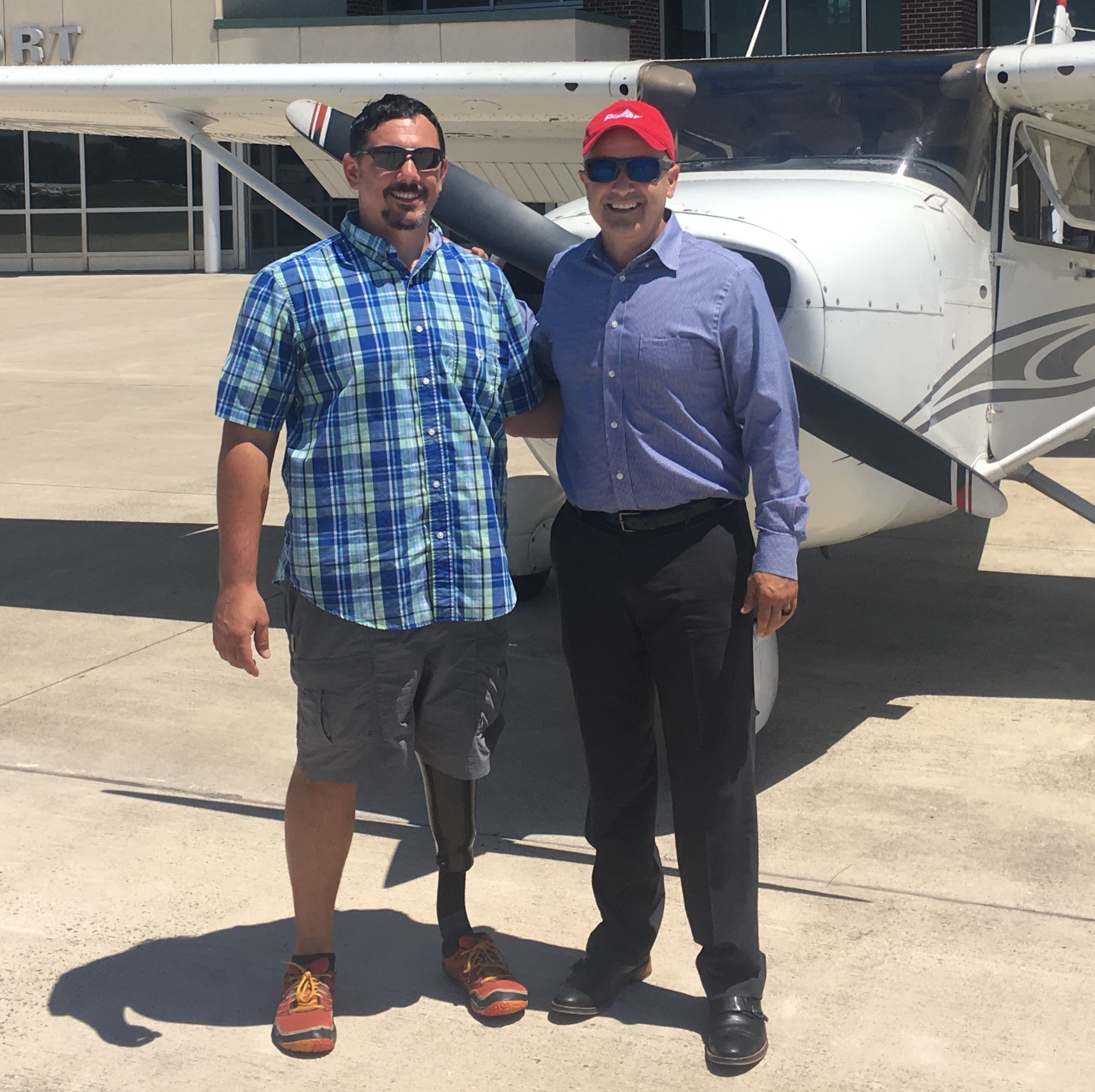
U.S. Army veteran Steven Curry (left) received his instrument rating after training with Mick (right).
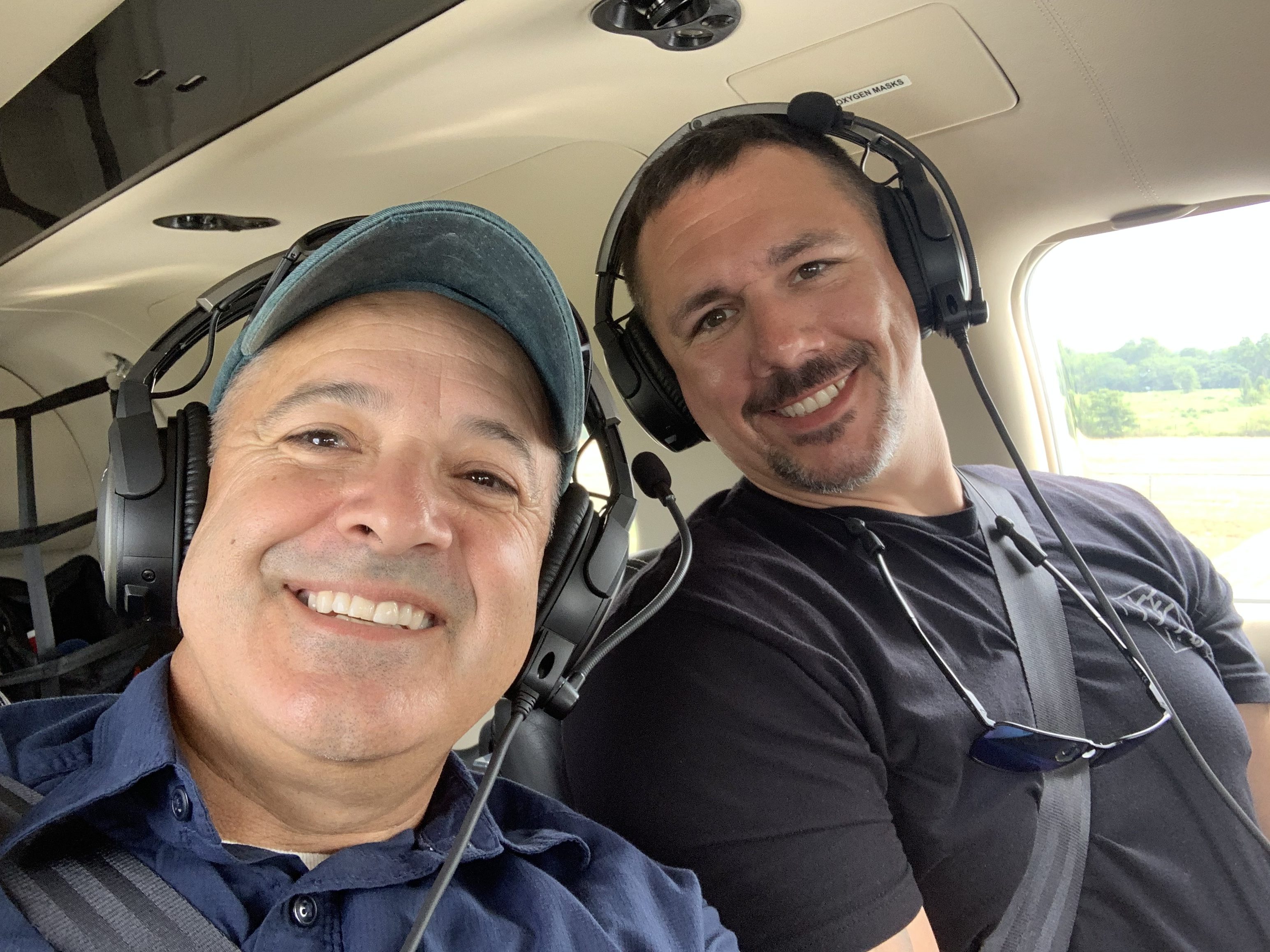
U.S. Army veteran Steven Curry (right) who became an amputee after being wounded in Iraq, had to follow a special FAA process to fly with a prosthetic.
Q: What do you most enjoy about teaching people to become commercial pilots?
Flight instructing is about helping people reach their life goals and dreams. My students put their hearts, time, and a lot of their finances into this goal. Some of my students have dreamed of being a pilot ever since they were kids. While many of the veterans I fly with have a lot of great aviation experience, their goals after the military depend on getting the right certifications. It’s a serious long-term commitment with my students and you must have what I call a “mission mindset” to partner with them to reach their goals.
My job satisfaction in my current ECS role is very much the same. It comes from seeing customers and our employees achieve their goals. I have the privilege of helping customers achieve their mission objectives by delivering a wide portfolio of advanced technologies and services. I also have the responsibility of leading and mentoring a large group of incredibly smart people, and I take away a tremendous amount of job satisfaction by helping people achieve their professional goals.

